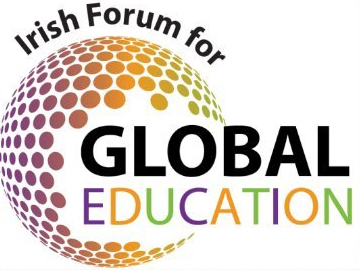According to Education cannot wait (ECW ) report a student named Saber was caught in the crossfire in Khartoum. He had two choices: either flee and lose everything; or die. But within a moment his option to choose was violently denied: he died.
Consequently, teachers and students at universities deaths have been reported through social media and other informal channels, for instance The University of Khartoum Teaching Staff Trade Union (UKTSTU) has also confirmed the death of a student on 17 April, saying Khalid Abdulmun’em had been shot near the campus. He was buried on Campus after safe passage off site could not be secured as the universities, schools and public places have become battle grounds in a brutal yet sudden conflict.
As a result of the brutal internal armed conflict in Sudan right now, UNHCR projects that 860,000 people will flee across the borders as refugees and returnees into the Central African Republic, Chad, Egypt, Ethiopia, Eritrea and South Sudan. About 50% will be children and adolescents below 18 while UNICEF notes more than 15.8 million people are in need of humanitarian assistance, including more than 8.5 million children in Sudan before the current crisis even started.
Will they arrive alive? They can’t choose. They can only hope.
Making it worse, none of the neighbouring countries has the financial and structural capacity to manage such influx, and yet they too, have no choice.
Indeed, an enormous international response will be required to support the Refugee Response Plan developed by 134 partners, including UN agencies, national and international NGOs and civil society groups, and launched on 4 May 2023.
many of the organizations are not sure when to respond as the conflict is raging on, ceasefires are broken and urban war fare is affecting the lives of 6 million residents in Khartoum while international humanitarian staff have been evacuated from Sudan . More over, the needs of children are immense, displacement affected children and adolescents will need immediate psycho-social support, Education in emergencies (EiE) intervention and mental health care and protection. They will need school meals, re-opening of schools and a sense of normalcy. Those who crossed into neighboring countries need to continue their education in their host society, They will need water and sanitation and other essential services.
The IFGE is currently liaising with education cluster in Sudan to shed the light on the ongoing conflict and how it has affected the lives of children and youth in Sudan , trying to galvanize support among the Irish civil society on the blight of Children and youth in Sudan.
Irish Forum For Global Education (IFGE)
Abdulahi Adem,


